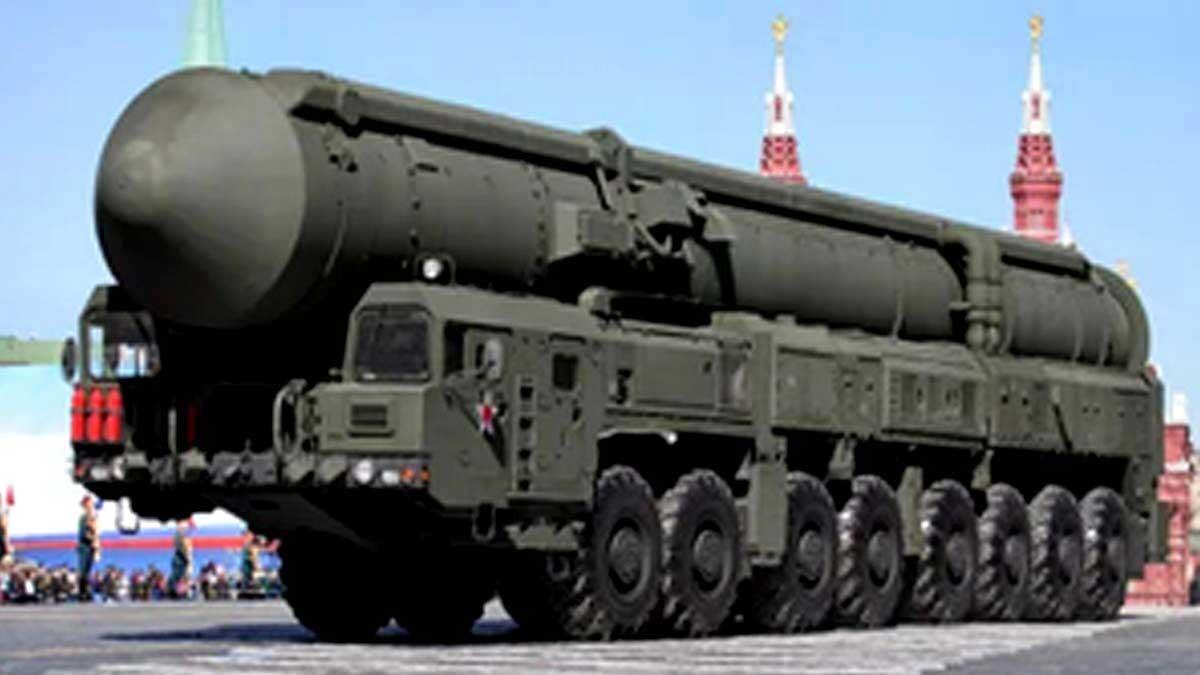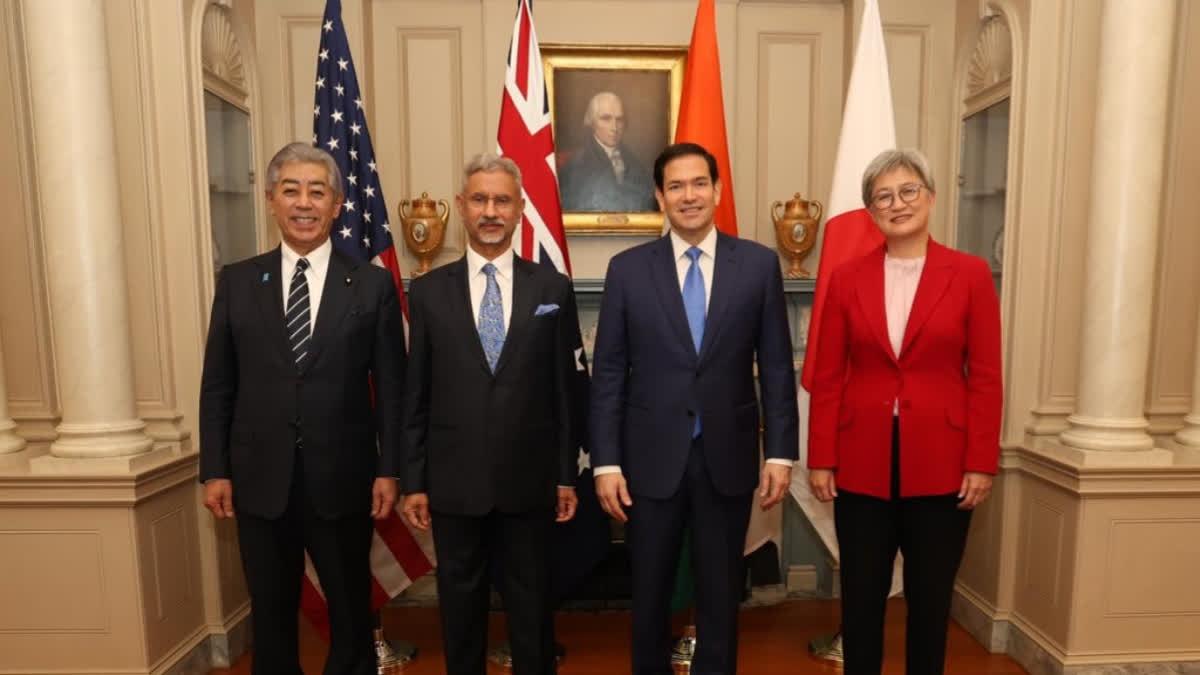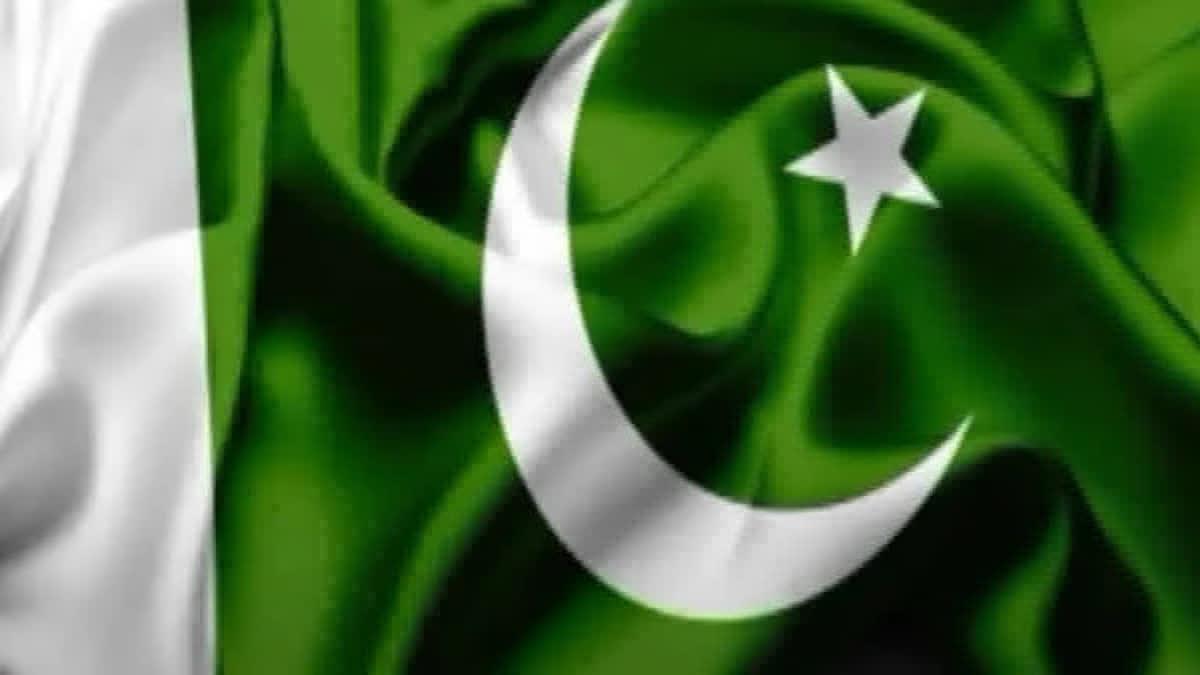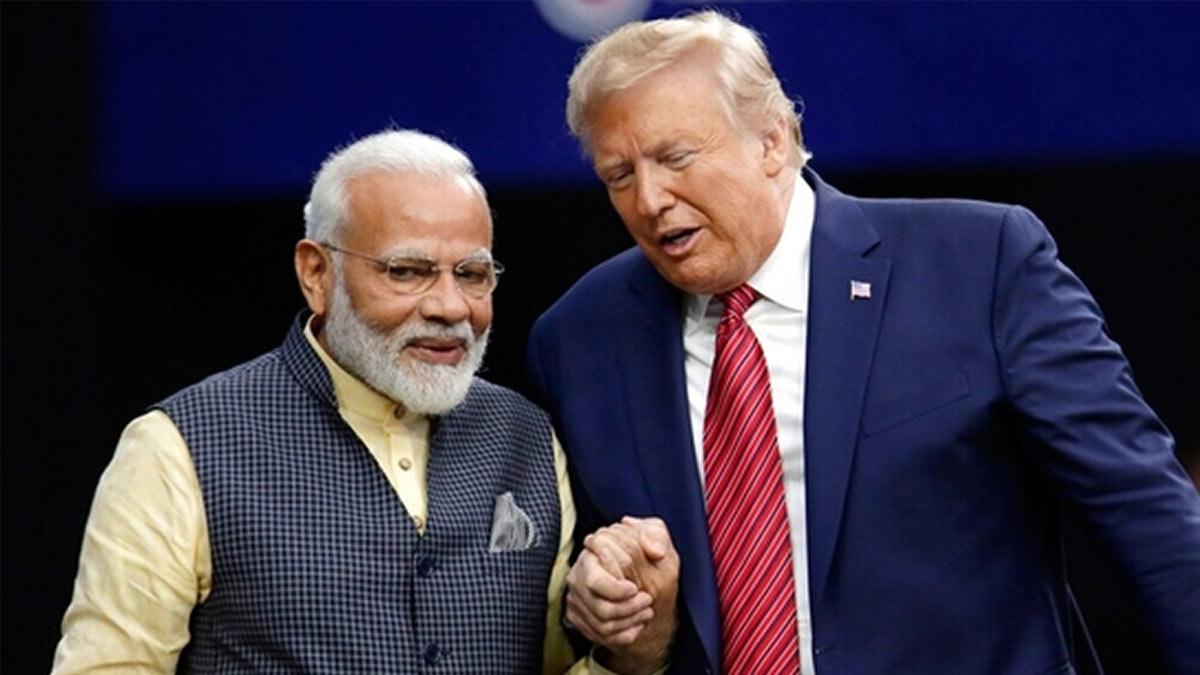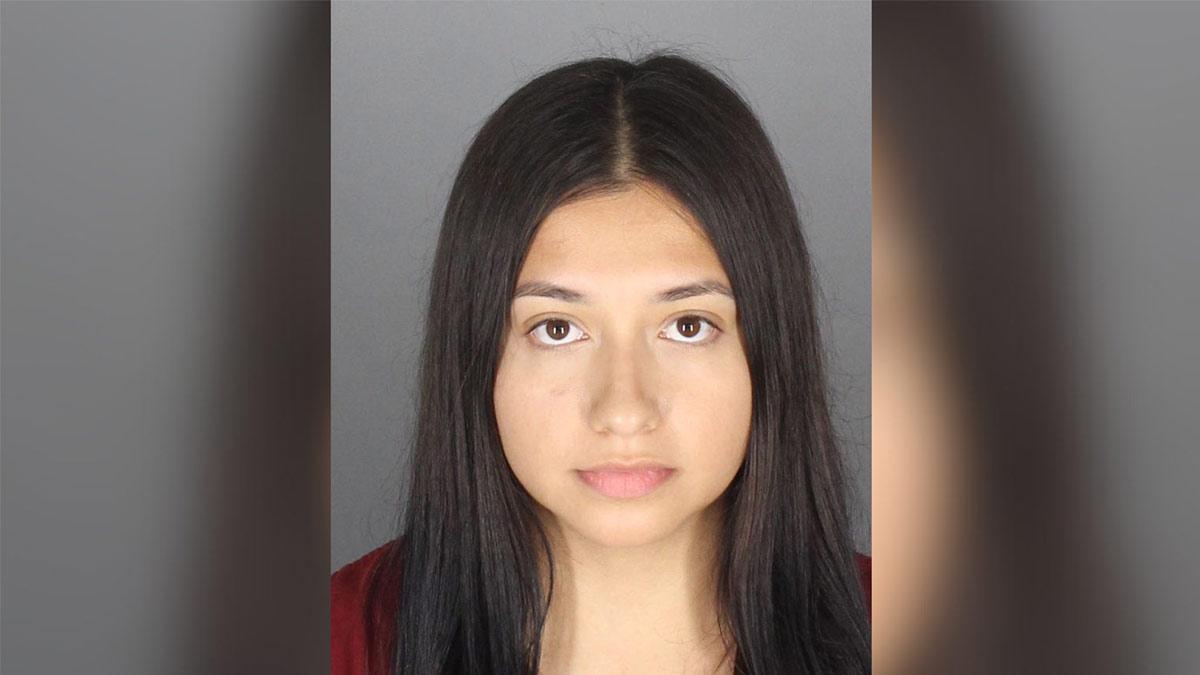Russia might revise its nuclear doctrine, which currently stipulates the use of nuclear weapons solely in retaliation if the country is attacked with weapons of mass destruction or faces an existential threat from conventional warfare, according to a senior Russian parliamentarian. On Sunday, Andrey Kartapolov, who leads the parliament's Defence Committee, indicated that any changes to the rules regarding the use of nuclear weapons would be influenced by the evolving international military and political landscape, as reported by RIA Novosti and RT.
"The doctrine reflects our reaction to what is happening around our country. If we see that the challenges and threats are increasing, then we could correct something in it in terms of the time for the use of nuclear weapons, in terms of making a decision on this use,” he said.
He also mentioned that, even, it is "premature" to speak about what kind of amendments are likely in the "Foundations of State Policy of the Russian Federation in the Area of Nuclear Deterrence", which was signed by President Vladimir Putin in June 2020.
Visiting Vietnam, President Putin stated that Moscow is considering revising its nuclear doctrine in response to the West working on "lowering the threshold for the use of nuclear weapons," including the development of ultra-low-yield nuclear devices.
Some experts in the West are now trying, Putin said, to "insinuate that these weapons can be used without wreaking catastrophe", adding that Russia "must pay attention to this".
Meanwhile, on Friday President Putin also announced plans to upgrade Russia's nuclear arsenal as he underlined its importance as a primary guarantor of national security.
"We do intend to continue the development of the nuclear triad as a guarantee of strategic deterrence and for the preservation of the balance of power in the world," he said during a meeting with graduates from military academies immediately on his return from trips to North Korea and Vietnam.
Once again, the Russian leader stressed that Russia would defend itself using all available forces and means if its existence is under threat.
With this capability at their disposal, the Kremlin ordered last month that the military conduct drills involving the deployment of non-strategic nuclear weapons as a blunt warning to the West.
These developments come at a time when NATO Secretary-General, Jens Stoltenberg, said last week that members of the U.S.-led military alliance are considering putting more nuclear weapons on standby amid heightened tensions with Russia over Ukraine. He added that NATO needed to show the world it had the ability to strongly deter any threat.
According to Kremlin Press Secretary Dmitry Peskov, Stoltenberg was being hypocritical. Now touting similar rhetoric—when the NATO chief used to lambast Russian President Vladimir Putin for doing precisely that—"nuclear sabre-rattling"—an accusing finger is turned on Stoltenberg.
Read also | Russia to further develop nuclear weapons, says Putin
Read also | Kremlin Signals Readiness for US Dialogue Amid Global Security Challenges

